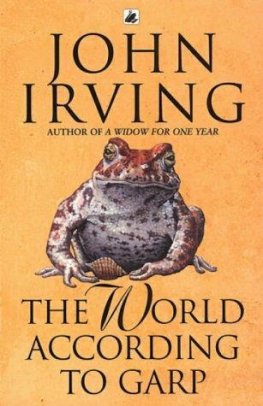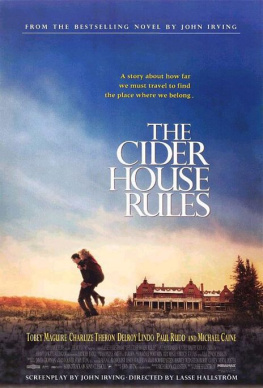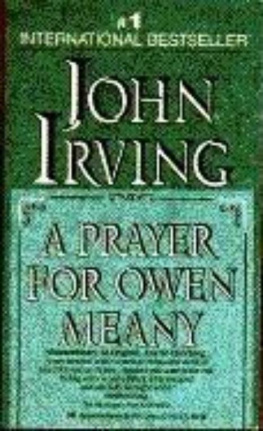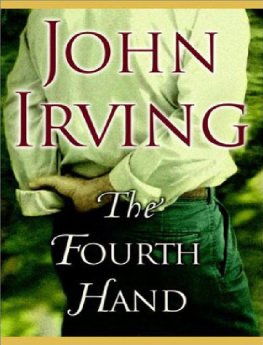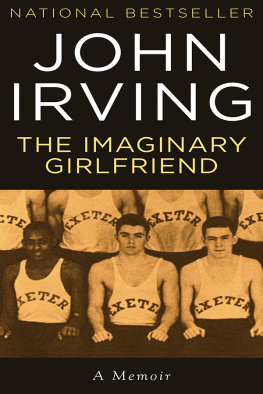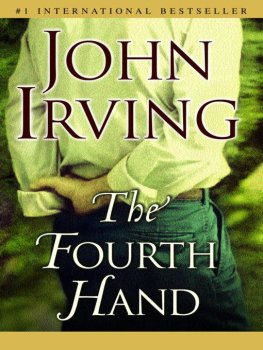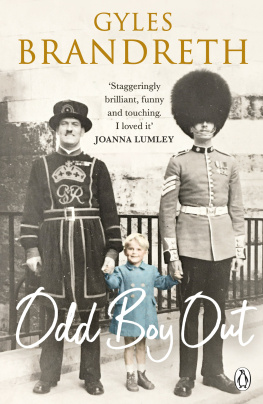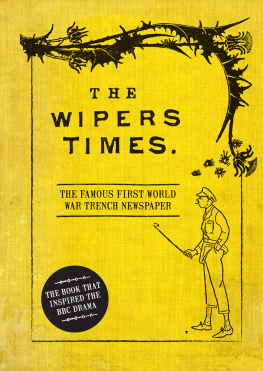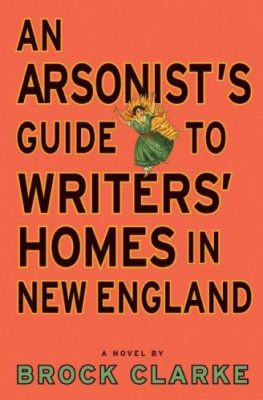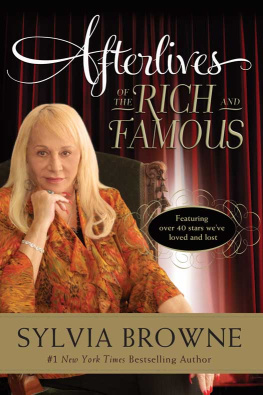THE WORLD ACCORDING TO GARP
A novel by John Irving
Garp's mother, Jenny Fields, was arrested in Boston in 1942 for wounding a man in a movie theater. This was shortly after the Japanese had bombed Pearl Harbor and people were being tolerant of soldiers, because suddenly everyone was a soldier, but Jenny Fields was quite firm in her intolerance of the behavior of men in general and soldiers in particular. In the movie theater she had to move three times, but each time the soldier moved closer to her until she was sitting against the musty wall, her view of the newsreel almost blocked by some silly colonnade, and she resolved she would not get up and move again. The soldier moved once more and sat beside her.
Jenny was twenty-two. She had dropped out of college almost as soon as she'd begun, but she had finished her nursing-school program at the head of her class and she enjoyed being a nurse. She was an athletic-looking young woman who always had high color in her cheeks; she had dark, glossy hair and what her mother called a mannish way of walking (she swung her arms), and her rump and hips were so slender and hard that, from behind, she resembled a young boy. In Jenny's opinion, her breasts were too large; she thought the ostentation of her bust made her look cheap and easy.
She was nothing of the kind. In fact, she had dropped out of college when she suspected that the chief purpose of her parents' sending her to Wellesley had been to have her dated by and eventually mated to some well-bred man. The recommendation of Wellesley had come from her older brothers, who had assured her parents that Wellesley women were not thought of loosely and were considered high in marriage potential. Jenny felt that her education was merely a polite was to bide time, as if she were really a cow, being prepared only for the insertion of the device for artificial insemination.
Her declared major had been English literature, but when it seemed to her that her classmates were chiefly concerned with acquiring the sophistication andpoise to deal with men, she had no trouble leaving literature for nursing. She saw nursing as something that could be put into immediate practice, and its study had no ulterior motive that Jenny could see (later she wrote, in her famous autobiography, that too many nurses put themselves on display for too many doctors; but then her nursing days were over).
She liked the simple, no-nonsense uniform; the blouse of the dress made less of her breasts; the shoes were comfortable, and suited to her fast pace of walking. When she was at the night desk, she could still read. She did not miss the young college men, who were sulky and disappointed if you wouldn't compromise yourself, and superior and aloof it you would. At the hospital she saw more soldiers and working boys than college men, and they were franker and less pretentious in their expectations; if you compromised yourself a little, they seemed at least grateful to see you again. Then, suddenly, everyone was a soldierand full of the self-importance of college boysand Jenny Fields stopped having anything to do with men.
My mother, Garp wrote, was a lone wolf.
The Fields' family fortune was in shoes, though Mrs. Fields, a former Boston Weeks, had brought some money of her own to the marriage. The Fields family had managed well enough with footwear to have removed themselves from the shoe factories years ago. They lived in a large, shingled house on the New Hampshire shore at Dog's Head Harbor. Jenny went home for her days and nights offmainly to please her mother, and to convince the grande dame that although Jenny was slumming her life away as a nurse, as her mother remarked, she was not developing slovenly habits in her speech or in her moral person.
Jenny frequently met her brothers at the North Station and rode home on the train with them. As all members of the Fields family were bidden to do, they rode on the right-hand side of the Boston and Maine when the train left Boston and sat on the left when they returned. This complied with the wishes of the senior Mr. Fields, who admitted that the ugliest scenery lay out that side of the train, but he felt that all Fieldses should be forced to face the grimy source of their independence and higher life. On the right-hand side of the train, leaving Boston, and on the left as you returned, you passed the Fields Factory Outlet in Haverhill, and the vast billboard with the huge work shoe taking a firm step toward you. The billboard towered above the railroad yard and was reflected in countless miniatures in the windows of the shoe plant. Beneath this menacing, advancing foot were the words:
FIELDS FOR YOUR FEETIN THE FACTORY OR INTHE FIELDS!
There was a Fields line of nursing shoe, and Mr. Fields gave his daughter a free pair whenever she came home; Jenny must have had a dozen pairs. Mrs. Fields, who insisted on equating her daughter's leaving Wellesley with a sordid future, also gave Jenny a present every time she came home. Mrs. Fields gave her daughter a hot-water bottle, or so she saidand so Jenny assumed; she never opened the packages. Her mother would say, Dear, do you still have that hot-water bottle I gave you? And Jenny would think a minute, believing she had left it on the train or thrown it away, and she'd say, I may have lost it, Mother, but I'm sure I don't need another one. And Mrs. Fields, bringing the package out from hiding, would press it on her daughter: it was still concealed in the drugstore paper. Mrs. Fields would say, Please, Jennifer, be more careful. And use it, please!
As a nurse, Jenny saw little use for the hot-water bottle; she assumed it to be a touching, odd device of old-fashioned and largely psychological comfort. But some of the packages made it back to her small room near Boston Mercy Hospital. She kept them in a closet, which was nearly full of boxes of nursing shoesalso unopened.
She felt detached from her family, and thought it strange how they had lavished so much attention on her, as a child, and then at some appointed, prearranged time they seemed to stop the flow of affection and begin the expectationsas if, for a brief phase, you were expected to absorb love (and get enough) and then, for a much longer and more serious phase you were expected to fulfill certain obligations. When Jenny had broken the chain, had left Wellesley for something as common as nursing, she had dropped her familyand they, as if they couldn't help themselves, were in the process of dropping her. In the Fields family, for example, it would have been more appropriate if Jenny had become a doctor, or if she'd stayed in college until she married one. Each time she saw her brothers, her mother, and her father, they were more uncomfortable in one another's presence. They were involved in that awkward procedure of getting to unknow each other.
That must be how families are, thought Jenny Fields. She felt if she ever had children she would love them no less when they were twenty than when they were two; they might need you more at twenty, she thought. What do you really need when you're two? In the hospital, the babies were the easiest patients. The older they got, the more they needed; and the less anyone wanted or loved them.
Jenny felt she had grown up on a large ship without having seen, much less understood, the engine room. She liked how the hospital reduced everything to what one ate, if it helped one to have eaten it, and where it went. As a child she had never seen the dirty dishes; in fact, when the maids cleared the table, Jenny was sure they were throwing the dishes away (it was some time before she was even allowed in the kitchen). And when the milk truck brought the bottles every morning, for a while Jenny thought that the truck brought the day's dishes toothe sound, that glassy clatter and bang, being so like the sound of the maids in the closed kitchen, doing whatever they did to the dishes.

